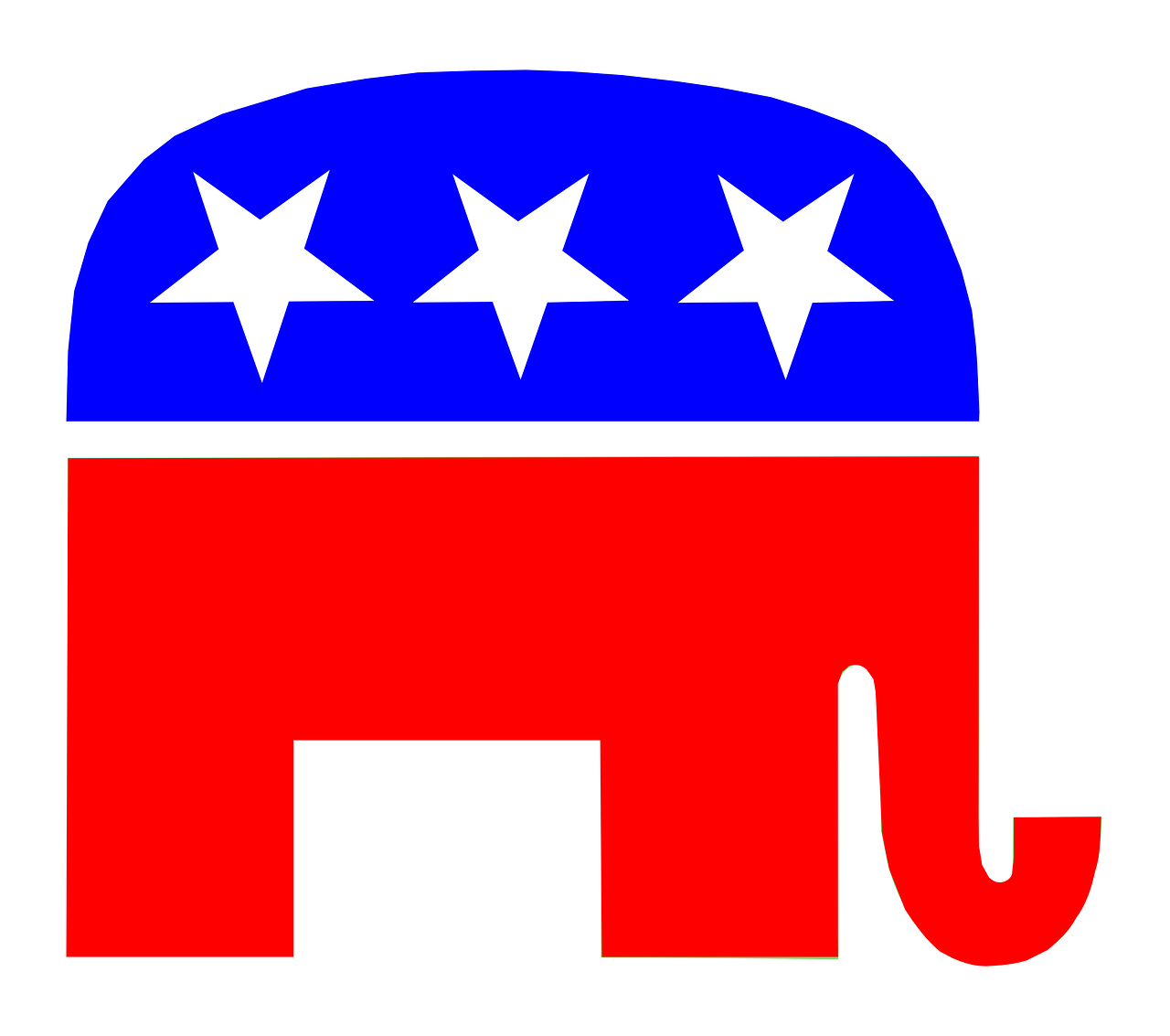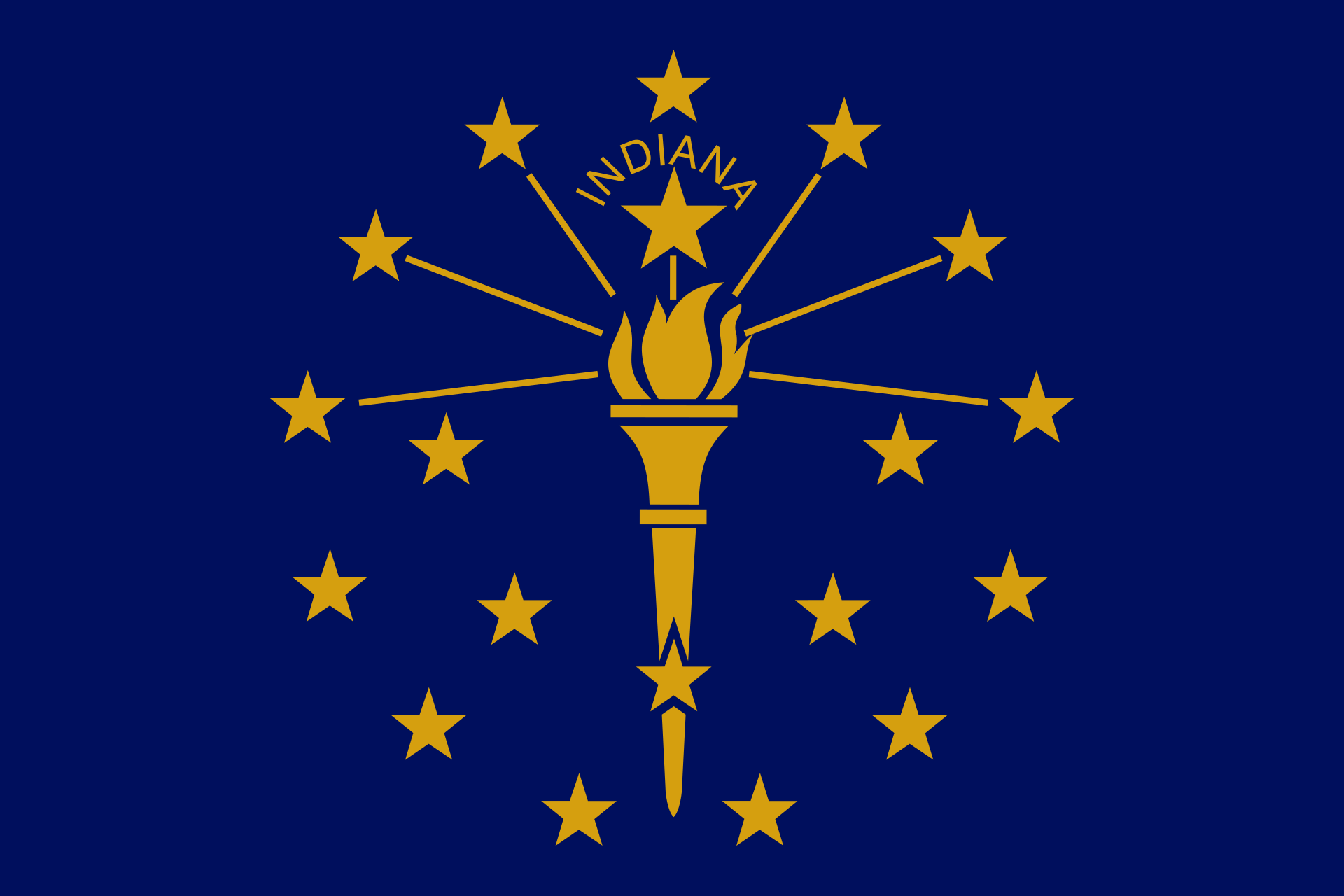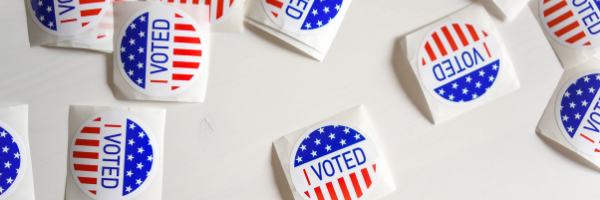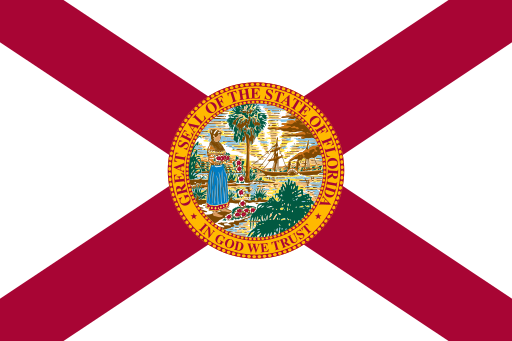Category: State
-
Eight candidates running in the Republican primary for North Carolina’s 13th Congressional District

Eight candidates are running in the Republican primary for North Carolina's 13th Congressional District on May 17, 2022. Incumbent Rep. Ted Budd (R) is running for the U.S. Senate and is not seeking re-election. The boundaries of North Carolina's 13th Congressional District changed as a result of redistricting, with the new district including all of…
-
Eight candidates running in North Carolina's 1st Congressional District Republican primary

Eight candidates are running in the Republican Party primary for North Carolina's 1st Congressional District on May 17, 2022. Sandy Roberson and Sandy Smith led in endorsements and fundraising as of March 31, 2022. Will Aiken, Brad Murphy, Ernest Reeves, Brent Roberson, Billy Strickland, and Henry Williams are also running in the Republican primary. Incumbent…
-
North Carolina's 4th Congressional District Democratic primary

Eight candidates are running in the Democratic primary election for North Carolina's 4th Congressional District on May 17, 2022. Incumbent Rep. David Price (D)—first elected in 1986, defeated in 1994, and re-elected in 1996—is not seeking re-election. This is the first time the 4th District has been open since 1972. Media attention has focused on…
-
NCDP State Committee outraises every other state PAC with $1.44 million

In North Carolina, the North Carolina Democratic Party (NCDP) State Committee has raised more than any other non-candidate political action committee (PAC) in the 2022 election cycle so far. According to the most recent campaign finance reports filed with the North Carolina State Board of Elections, the NCDP State Committee raised $1.44 million and spent…
-
Minnesota DFL State Central Committee outraises every other state PAC with $3.81 million

In Minnesota, the DFL State Central Committee has raised more than any other non-candidate political action committee (PAC) in the 2022 election cycle so far. According to the most recent campaign finance reports filed with the Minnesota Campaign Finance and Public Disclosure Board, the DFL State Central Committee raised $3.81 million and spent $4.35 million…
-
Democratic State Central Committee outraises every other Michigan PAC with $3.74 million

In Michigan, the Democratic State Central Committee has raised more than any other non-candidate political action committee (PAC) in the 2022 election cycle so far. According to the most recent campaign finance reports filed with the Michigan Secretary of State, the Democratic State Central Committee raised $3.74 million and spent $26.18 million between Jan. 1,…
-
The House Republican Campaign Committee outraises every other Indiana PAC with $1.85 million

In Indiana, the House Republican Campaign Committee (HRCC) has raised more than any other non-candidate political action committee (PAC) in the 2022 election cycle so far. According to the most recent campaign finance reports filed with the Indiana Secretary of State, the HRCC raised $1.85 million and spent $893,443 between Jan. 1, 2021 and Dec.…
-
Missouri legislature acts on voter identification bill

The Missouri Senate Committee on Local Government and Elections conducted a public hearing on House Bill 1878 on April 6, 2022. The bill would modify Missouri's voter identification requirements as follows: Voters casting absentee ballots in person would be required to present photo identification. A voter without the required photo identification would be permitted to…
-
Florida Voters in Charge outraises every other Florida PAC with $75.56 million

In Florida, Florida Voters in Charge has raised more than any other non-candidate political action committee (PAC) in the 2022 election cycle so far. According to the most recent campaign finance reports filed with the Florida Department of State, Florida Voters in Charge raised $75.56 million and spent $73.84 million between Jan. 1, 2021 and…
-
Invest in Arizona outraises every other Arizona PAC with $5.16 million

In Arizona, Invest in Arizona (sponsored by AEA and Stand for Children) has raised more than any other non-candidate political action committee (PAC) in the 2022 election cycle so far. According to the most recent campaign finance reports filed with the Arizona Secretary of State, Invest in Arizona raised $5.16 million and spent $5.23 million…

